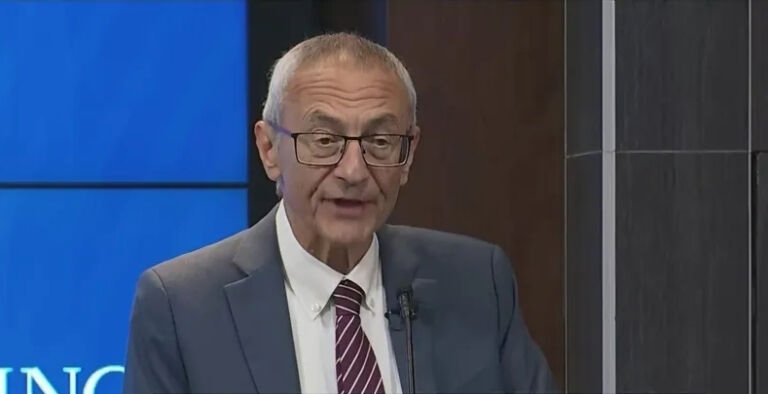Aaron Sibarium of the Washington Free Beacon highlights another example of a federal government agency playing politics.
The Consumer Financial Protection Bureau in 2017 began investigating Townstone Financial, a small mortgage company in Chicago, over possible violations of civil rights law.
The bureau bars lenders from making statements that “discourage” minorities from applying for loans. Townstone may have violated that regulation, the agency said, when its employees discussed crime in Chicago on a company-hosted radio show about the mortgage market, which also advertised Townstone’s services.
The offending statements, plucked from five episodes recorded over a three-year period, included a reference to the South Side of Chicago as a “war zone,” as well as a recommendation that home sellers “take down the Confederate flag.” Merely mentioning the flag, the agency argued, could scare off black applicants.
Facing a possible lawsuit and potentially stiff penalties, Townstone in 2019 retained a consumer testing firm, Kleimann Communication Group, to see if the remarks did in fact alienate African Americans.
The results were reassuring: Not a single black Chicagoan interviewed by the firm found the radio segments offensive, according to a copy of the firm’s report obtained by the Washington Free Beacon. Some even said they were more inclined to use Townstone for mortgages after hearing its employees’ banter, which they found funny and relatable.
But in July 2020—two months after the death of George Floyd—the bureau sued Townstone anyway.
What followed was an unprecedented legal battle between a small business with under 10 employees and a powerful federal agency that claimed to know better than the consumers it was allegedly protecting. Where working-class black people heard harmless chit-chat, agency officials heard disparaging dog whistles, which their lawsuit said amounted to “redlining.”
Such claims are usually levied at big banks with deep pockets. Townstone marked the first time the bureau, set up in 2010 by Elizabeth Warren, had brought a redlining complaint against a non-bank mortgage lender, which would struggle to afford the multimillion-dollar payouts typical of a settlement with the agency.


